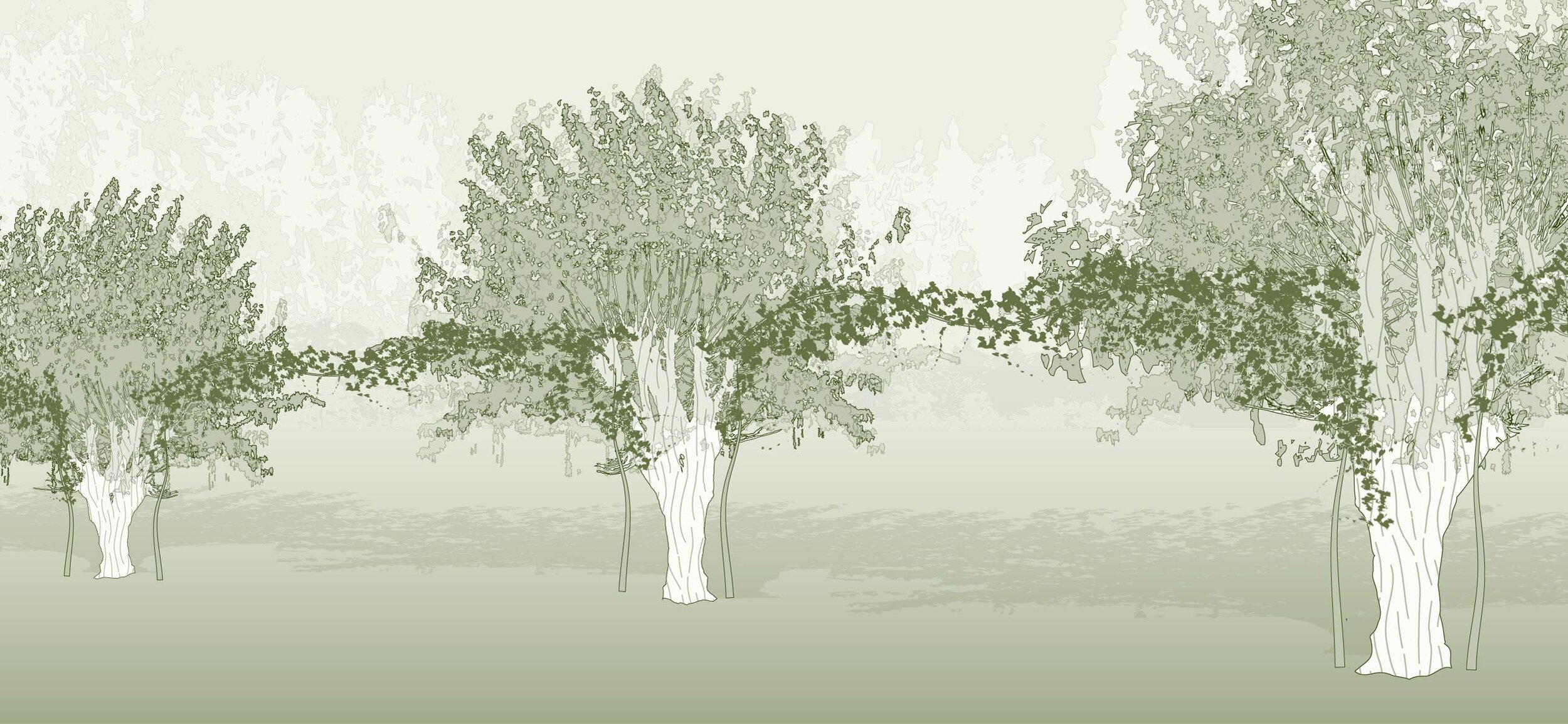
Interlace Commons
Partners
We believe that collaboration magnifies impact; as such, we work with organizations that share our mission to broaden agroforestry adoption. We collaborate with agricultural, conservation, and forestry partners within the private, public, and government sectors.
Current Partners
Interlace Commons is working with Cornell Cooperative Extension to support a Forest Farming Fundamentals class designed to educate service providers from the agriculture, forestry, and conservation sectors about forest farming practices. The class is funded with support from the Edwards Mother Earth Foundation.
Interlace Commons continues work with the Savanna Institute and the Appalachian Sustainable Development to improve the previously developed curriculum that supports technical service providers in designing and implementing alley cropping, forest farming, and silvopasture. Continued programming includes webinars, mastermind cohorts, farm tours, continued relationship building with the QTBIPOC community, and extended support for farmers who previously worked with our organizations to establish demonstration sites.
New goals include:
Collaborating with the Natural Resource Conservation Service (NRCS) and, the National Agroforestry Center (NAC), and key stakeholders to establish a Design and Implementation Activity (DIA) to develop & enact strategies to overcome agency barriers to agroforestry
Assessing new funding streams & opportunities to direct funding to agroforestry programs (e.g., IRA - Inflation Reduction Act, agroforestry cost pool)
The University of Missouri Center for Agroforestry (UMCA) will create a strategy for a piloted multi-state professional agroforestry certification.
Hosting trainings for project partners to enhance social competency skills and training abilities, and the University of Missouri’s Center for Agroforestry (UMCA) will conduct an Intercultural Development Inventory.
A multi-year project funded by NE SARE and developed by Steve Gabriel in collaboration with other stakeholders, including Interlace Commons, aims to build community capacity to increase agroforestry tree planting through participatory listening sessions, training, and peer-to-peer network building.
Canopy and Interlace Commons exchange knowledge and resources about the appropriate machinery and technology to meet the growing demand for efficient and economical agroforestry implementation.
Past Partners
The Prince Edward Island Department of Agriculture and Land government engaged Interlace Commons to undertake a market, cost of production, and value chain assessment to identify opportunities for perennial crop industries that were not already developed. The project aimed to help support the transition of annual cropland to perennial, biodiverse, carbon-sequestering, and profitable farm landscapes.







